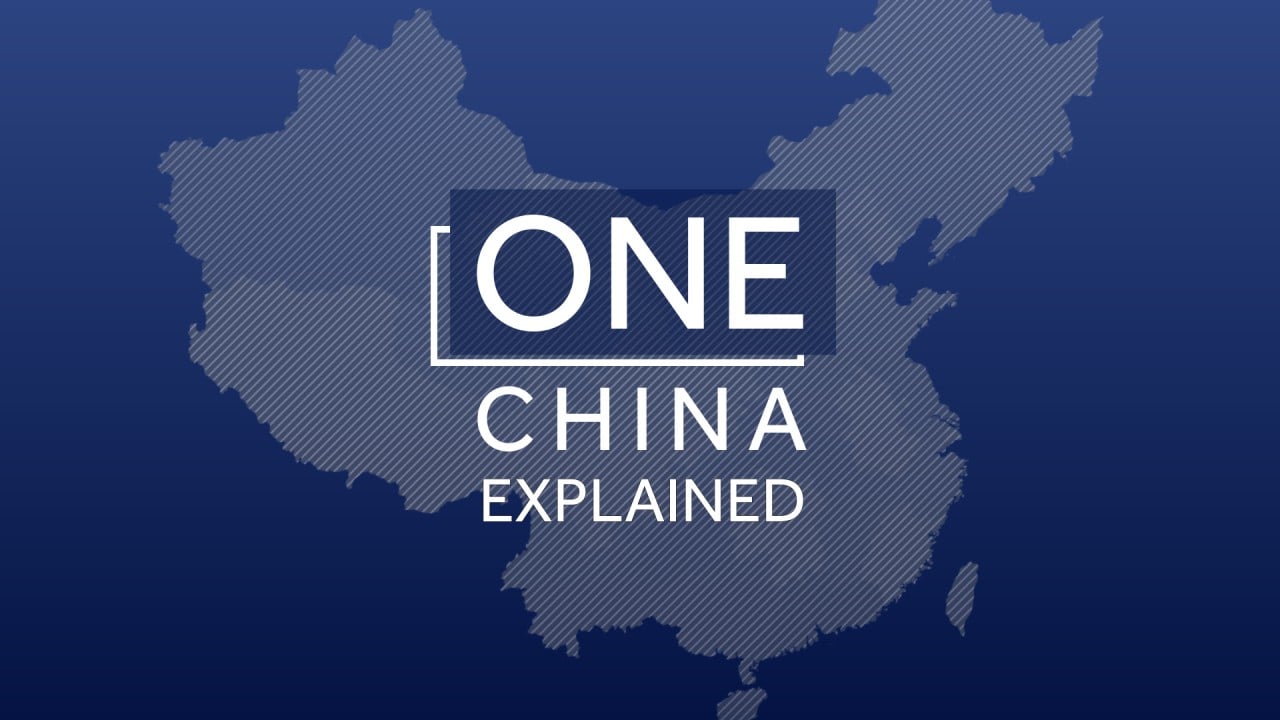US presidential election: Will strategic ambiguity on Taiwan be restored?
- Trump administration’s close links with Taipei have encouraged anti-mainland sentiment and thoughts of independence
- A Biden presidency is likely to bring a cautious approach from Washington towards the self-ruled island

As voters in the United States prepare for the presidential election in November, the South China Morning Post is exploring the potential ramifications for China. The fifth part of the series looks at shifts in US policy towards Taiwan.

02:17
'One China’ explained
Since then, a raft of pro-Taiwan legislation and billions of dollars in arms sales have bolstered the view on the island that the US will come to its defence in any military action, along with a surge in anti-mainland sentiment.
National Taiwan University student Lee Mu-wen, 19, has no doubt that the US has Taiwan’s back, in contrast to the days of the Obama administration, when pro-mainland Ma Ying-jeou was the island’s president.
“The US certainly will come to our rescue as our relations with Washington are so much better than that of Ma Ying-jeou’s time as president, as evident by what Trump has done for us in recent years,” he said.
Lee’s view has become more mainstream in Taiwan, where the number of locals who identify as Taiwanese has risen to an all-time high of 67 per cent, according to a June survey by the National Chengchi University, compared to 17.6 per cent in 1992, when the annual surveys began.
